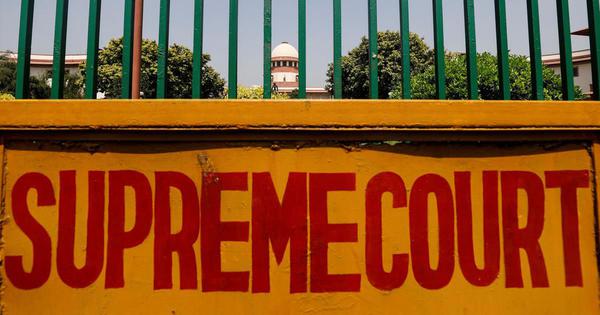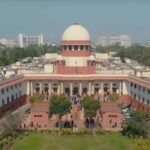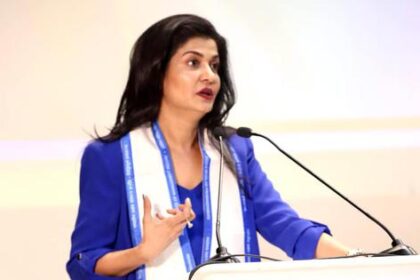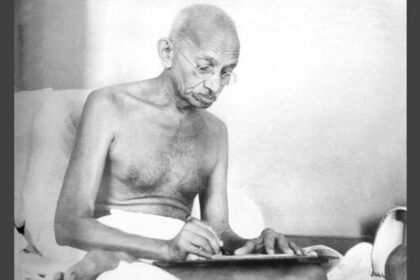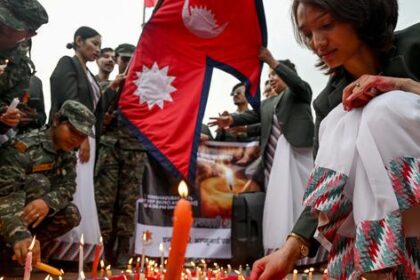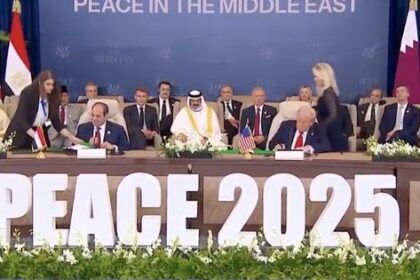Court finds no infringement on religious freedom in road-widening project affecting mosque structure.
The Supreme Court has upheld a Gujarat High Court ruling that permits the partial demolition of a mosque in Ahmedabad, which is believed to be around 400 years old. The decision comes as part of a civic project aimed at widening a road that leads to the Sabarmati railway station.
A bench consisting of Justices Surya Kant and Joymalya Bagchi clarified that only a section of the vacant land and an adjoining platform would be cleared, ensuring that the main structure of the mosque, known as Mancha Masjid, would remain intact. The court emphasized that the project serves public interest and does not violate the right to religious freedom.
On October 3, a division bench of the Gujarat High Court had previously declined to intervene in a decision made by a single-judge bench on September 23, which refused to halt the mosque’s partial demolition. The division bench agreed with the single-judge bench’s finding that the Ahmedabad Municipal Corporation had adhered to the necessary procedures prior to its decision to set back part of the mosque’s premises.
The mutawalli, or custodian, of the mosque had appealed the single judge’s ruling after his petition challenging the municipal corporation’s actions was dismissed. He contended that the mosque was included in revenue records and had undergone numerous reconstructions and renovations, which contributed to its significance within the Muslim community. Furthermore, he pointed out that the property was under the control and supervision of the waqf board, an entity established to manage endowments under Islamic law.
In contrast, the state government informed the single judge that the road alignment plan proposed by the municipal commissioner was essential for regulating traffic and facilitating the movement of emergency vehicles. During the proceedings before the division bench, the mutawalli’s counsel argued that the municipal corporation had dismissed all objections raised regarding the partial demolition without adequately addressing them after issuing a notice.
The municipal corporation’s counsel countered that show cause notices had been distributed to all stakeholders, asserting that the rules outlined in the Gujarat Provincial Municipal Corporations Act had been followed. They explained that the final decision regarding the setbacks rested with the municipal standing committee, which had considered all objections, including those from the mutawalli, before giving its approval.
While the Supreme Court reaffirmed that the mosque’s structure would remain unaffected, it left open the question of whether the site of the mosque qualified as a waqf. This matter could be addressed in appropriate proceedings to determine compensation. The court specified that Article 25 of the Constitution, which guarantees freedom of religion, could not be invoked in this case since the issue at hand pertains to property and compensation.
The bench noted that the public interest involved in the project, which benefits the entire city, was evident. During the court proceedings, advocate Warisha Farasat, representing the Mancha Masjid Trust, contested the state government’s assertion that the mosque would be left unaffected. She emphasized the historical significance of the 400-year-old structure and urged the court to protect the prayer hall. Farasat also criticized the municipal corporation’s order, arguing that it failed to demonstrate any genuine public interest, rendering it arbitrary.

